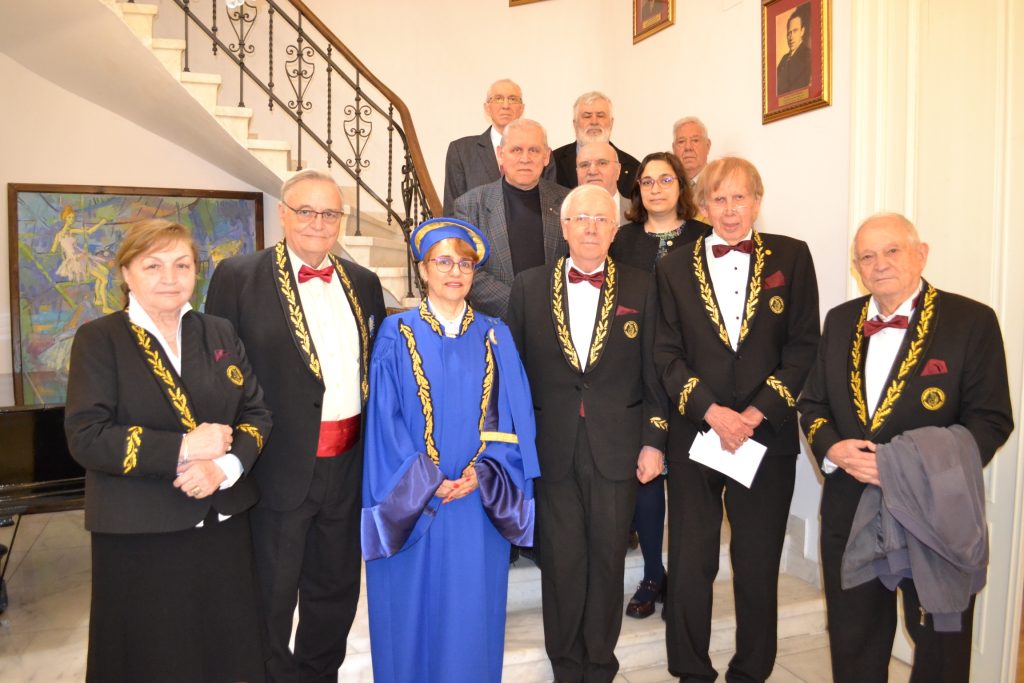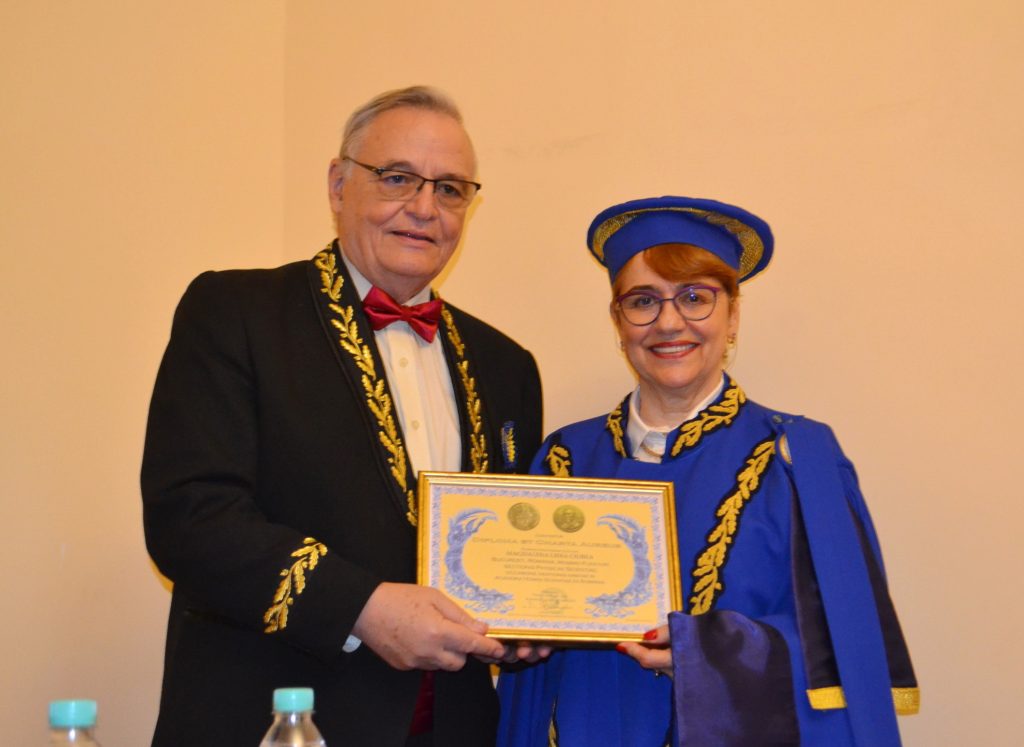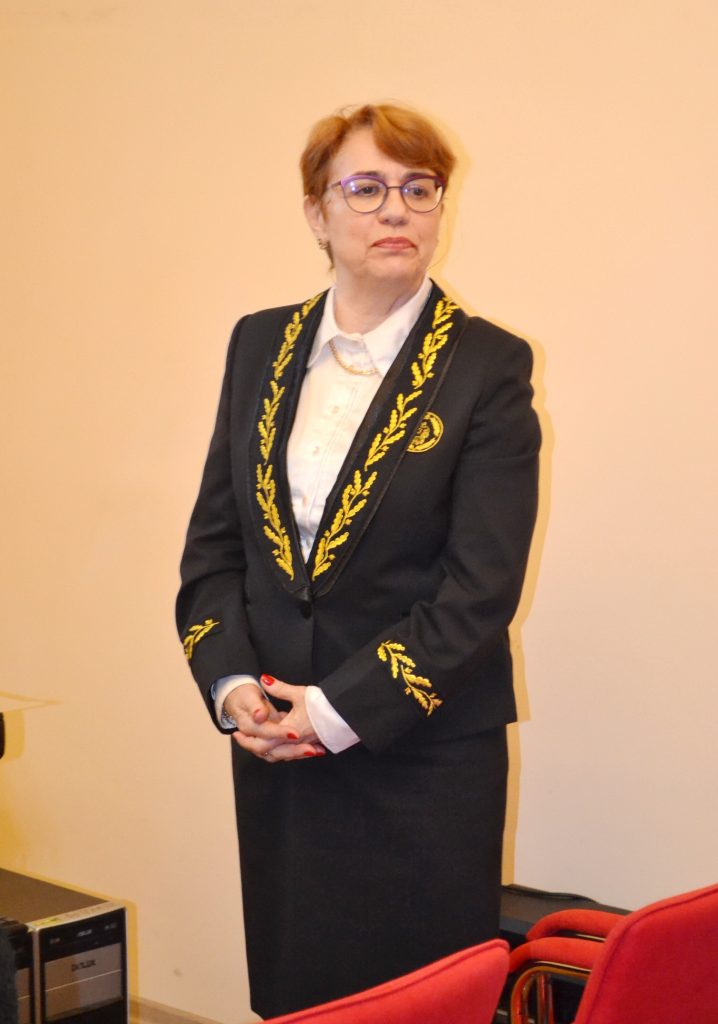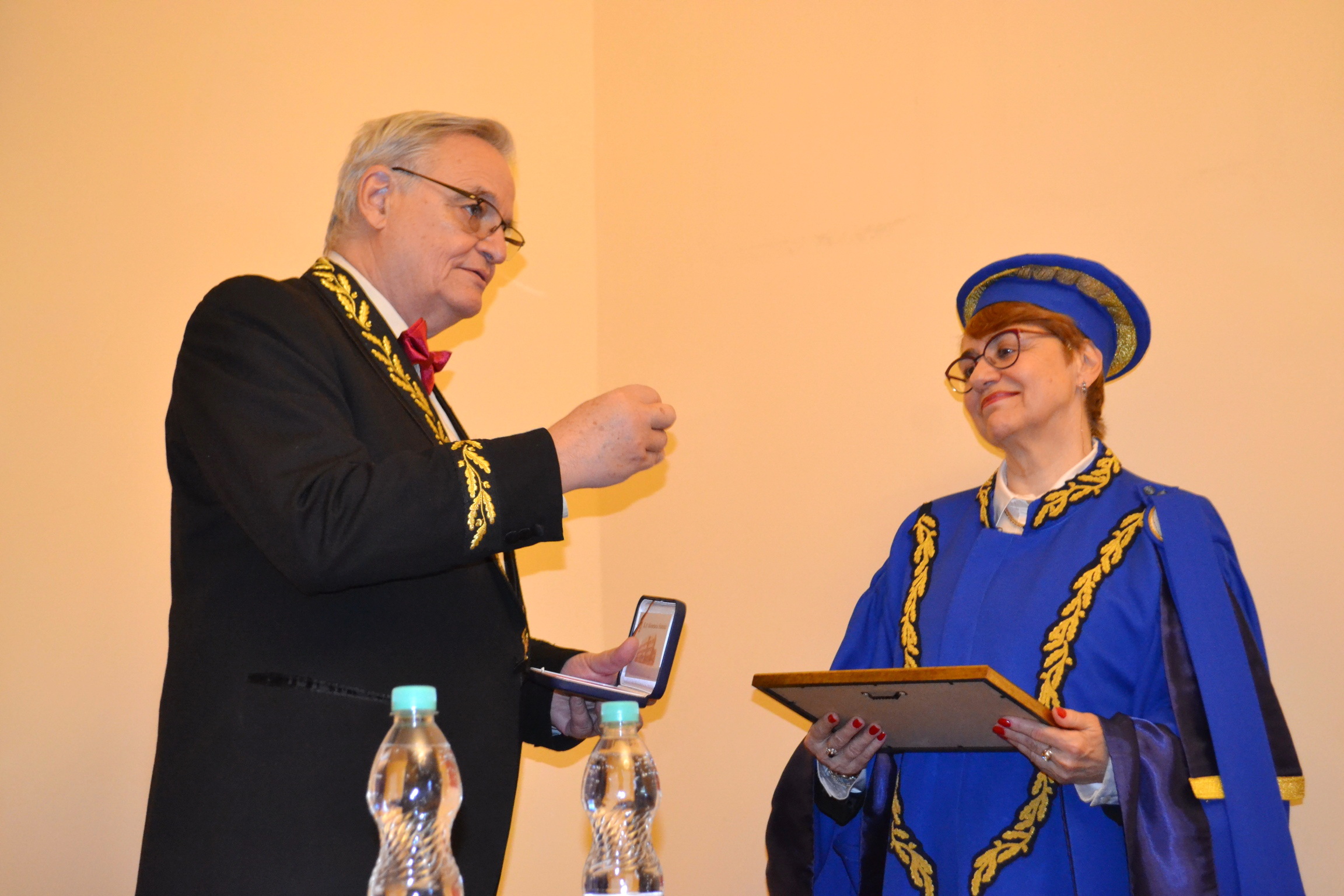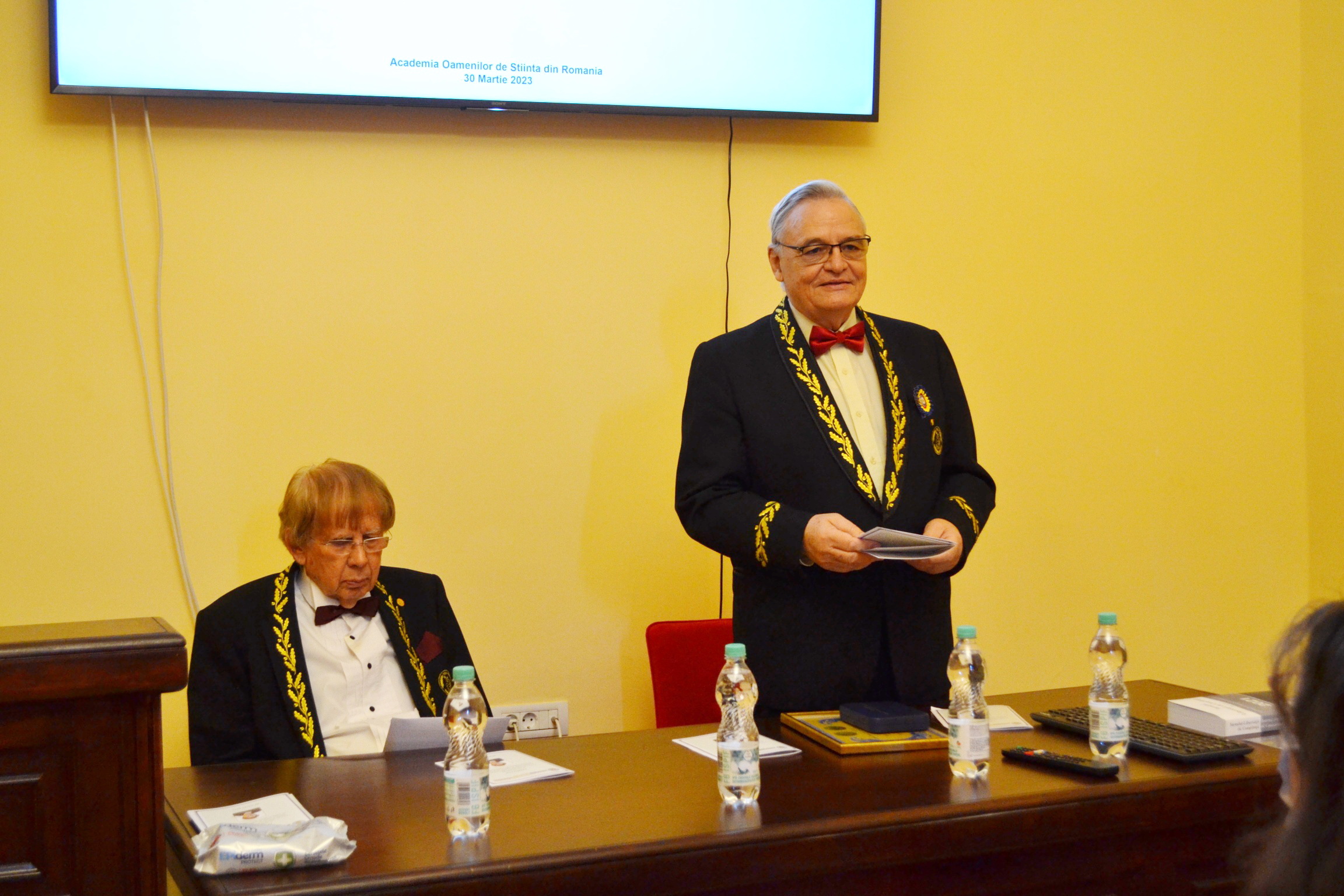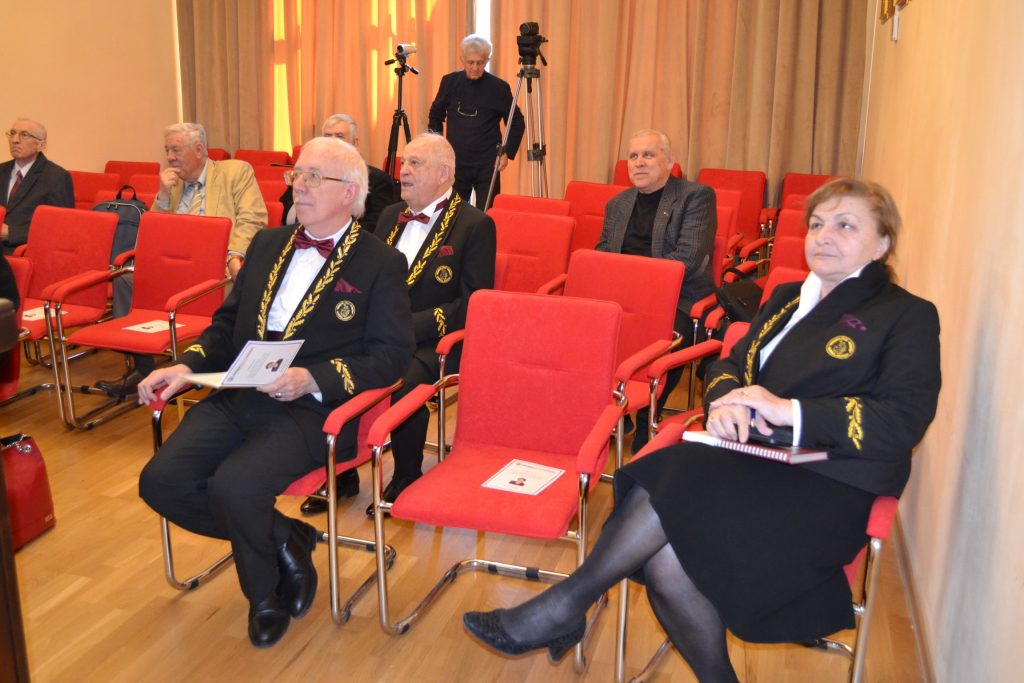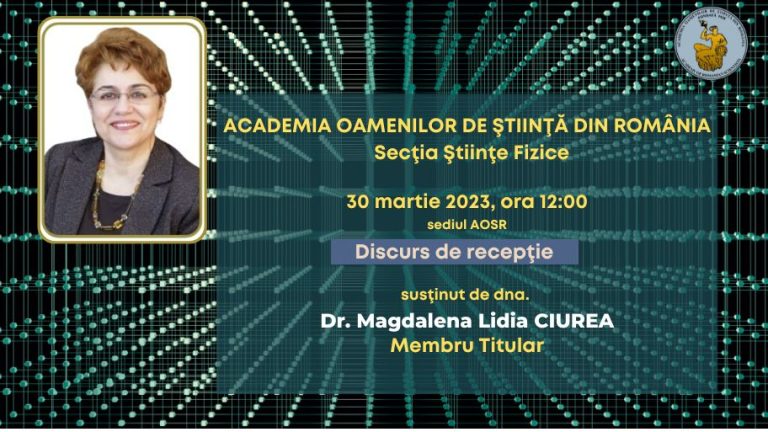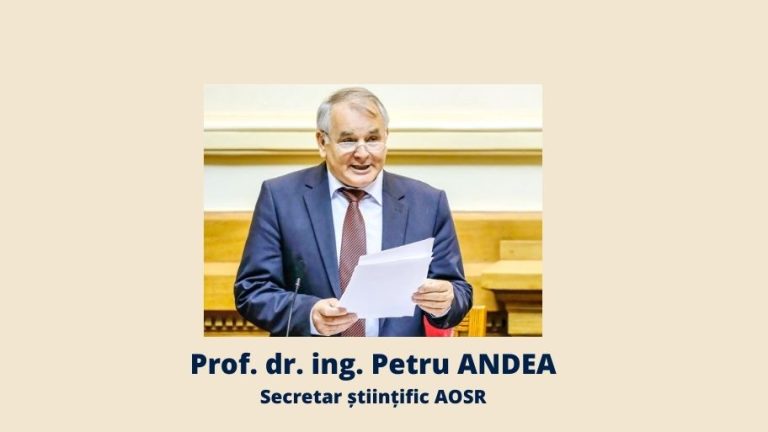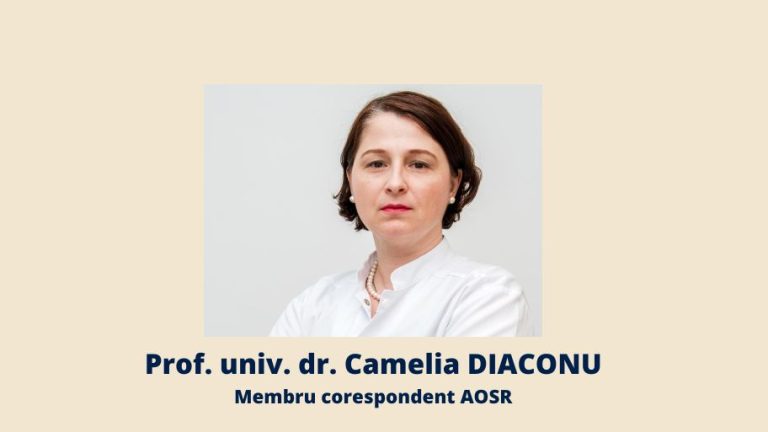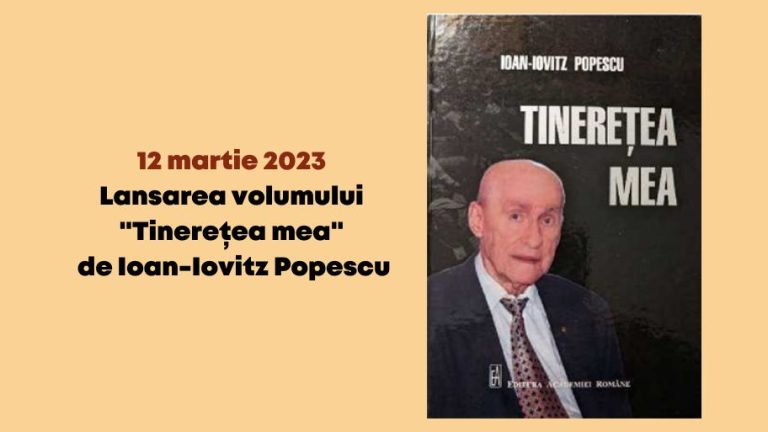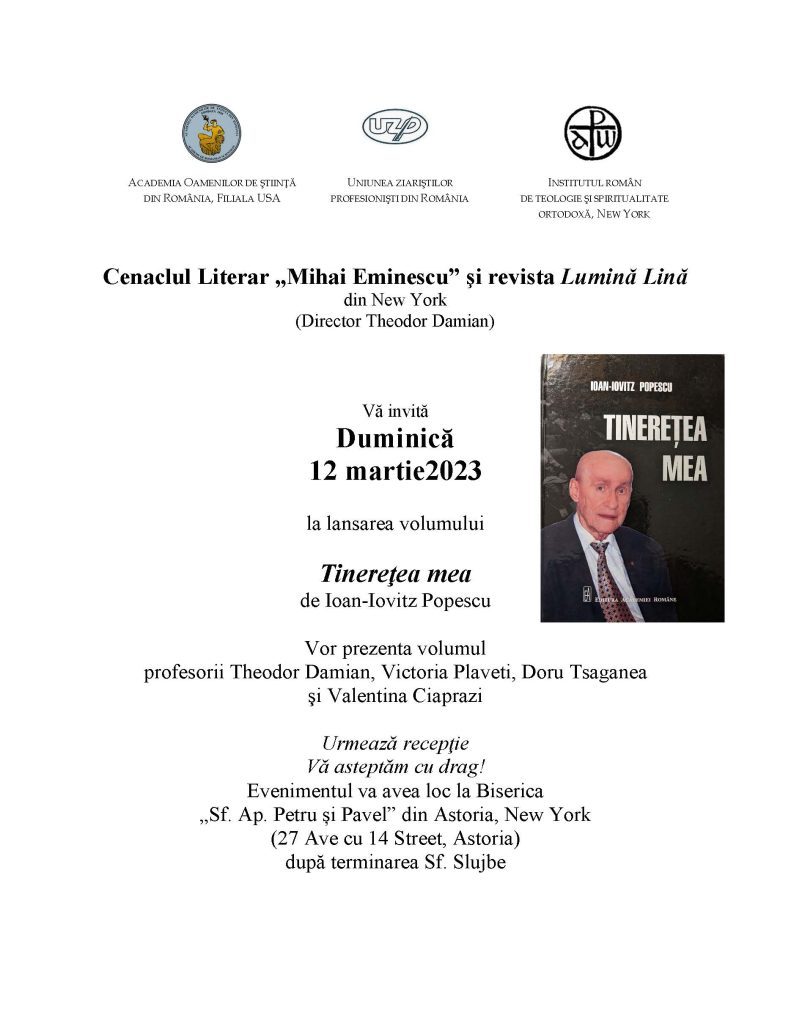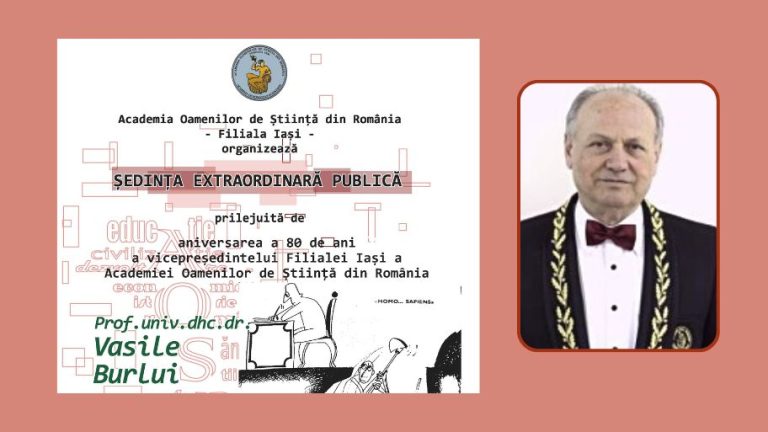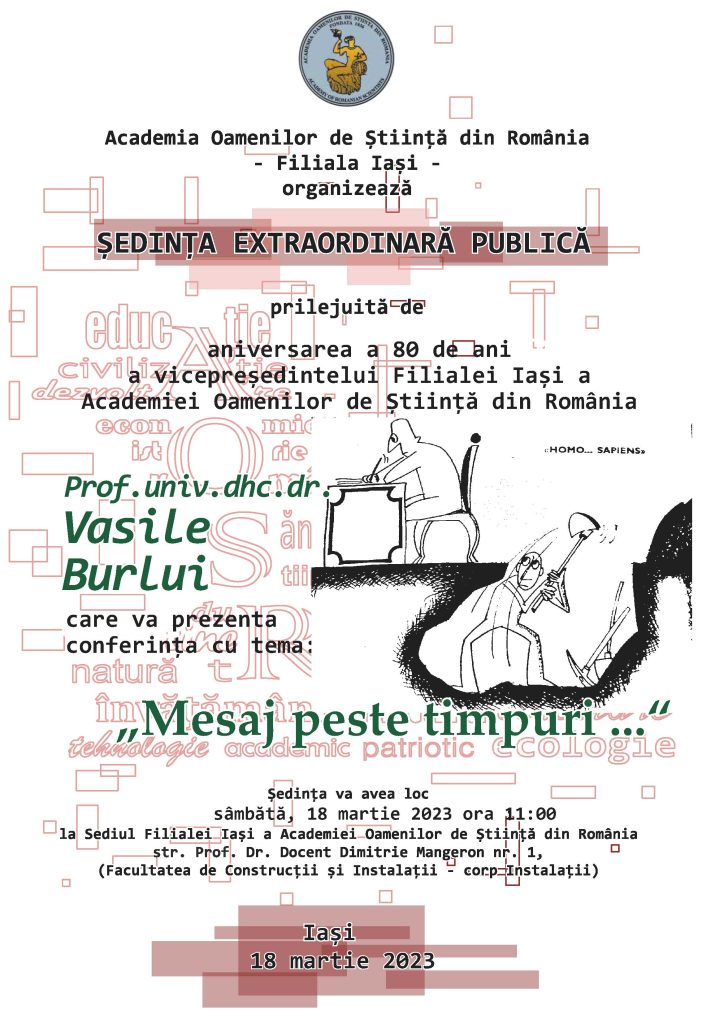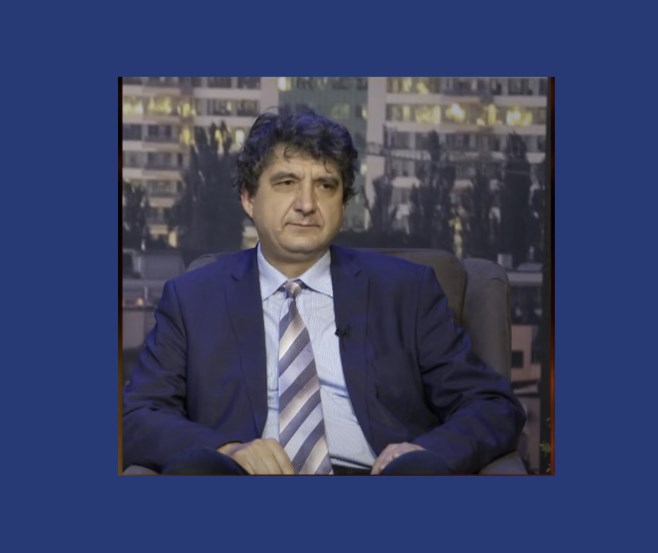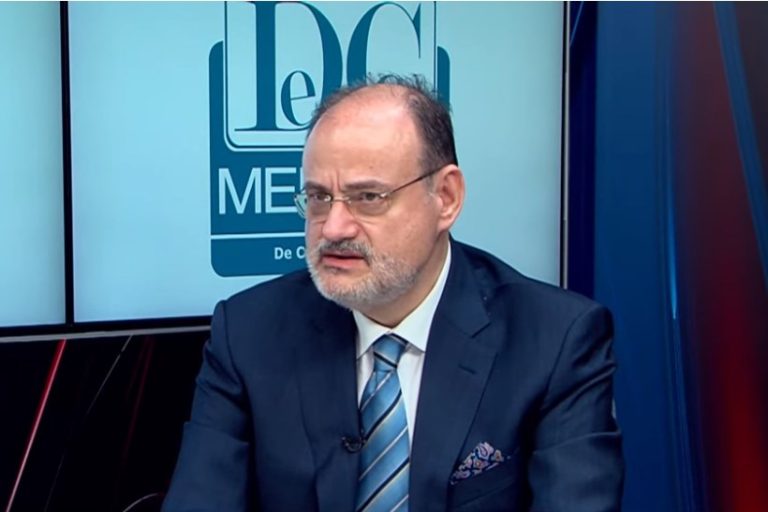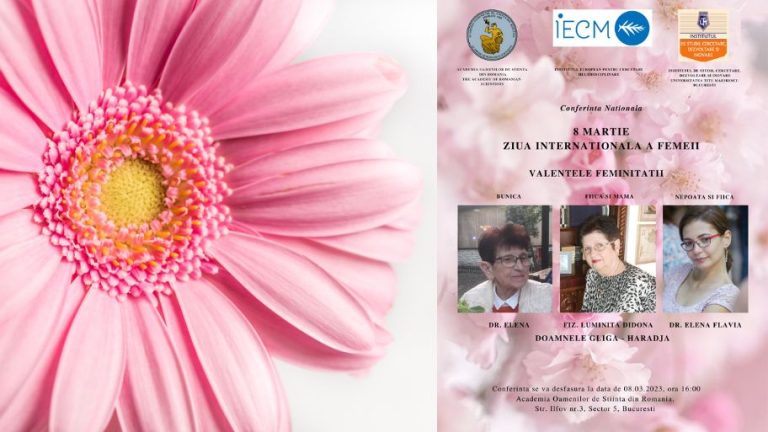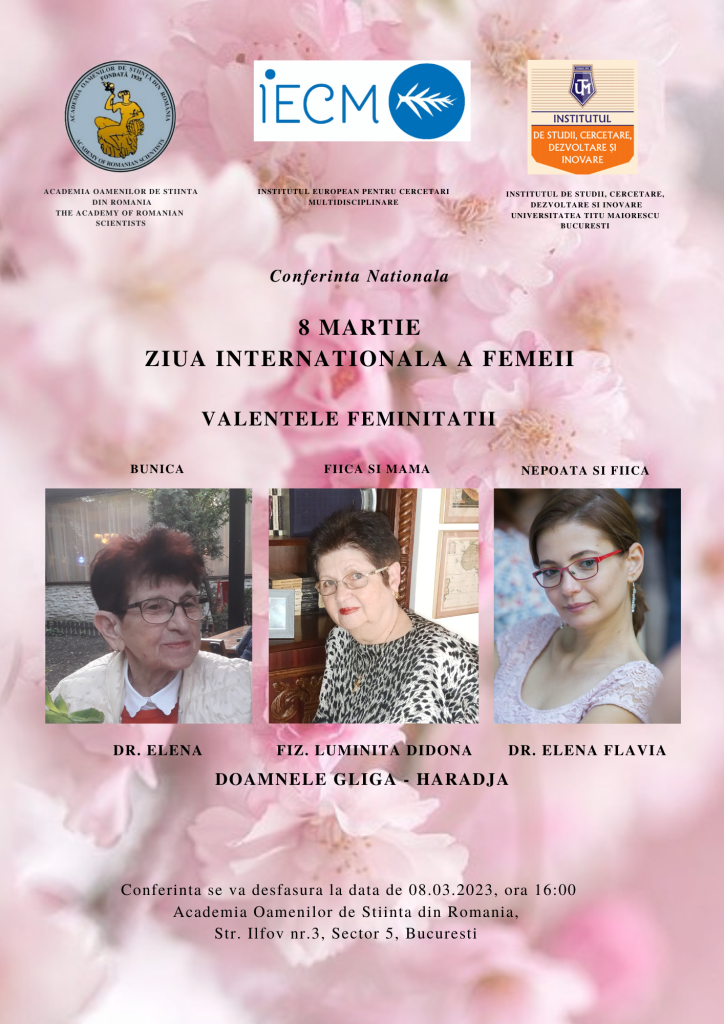This year, 2023, the media space is also occupied, to the point of saturation, by analyses, debates, comments, etc. on the crises that human society in general and the Romanian society in particular are going through. In the foreground are inflation, the energy crisis, the pandemic, the war in Ukraine, more recently the food crisis, the spectre of a financial-banking crisis, etc.
However, a crisis that started several years ago and has been exacerbated in Romanian society in recent months with the drafting of new education laws deserves attention. It’s the family crisis.
These draft laws stipulate the introduction into school curricula of concepts such as “gender ideology”, “sexual diversity”, the “normality” of the possibility of changing “gender” from male to female and vice versa and even to “neutral”.
The Romanian Orthodox Church, through the voice of His Beatitude Patriarch Daniel, has taken a firm stance against these provisions, which are considered harmful to the moral formation of young people because they propagate various forms of sexuality as “models” of intimate life.
Such “education” makes for difficult times for the family these days. In more and more countries the marriage rate is falling dramatically, below 65% for young couples, and the divorce rate is as high as 50%.
The family, instead of being, according to the Christian faith, the “little church”, is increasingly becoming a “consensual union”.
It is interesting, however, that we are deepening the vision that the church projects on the family, seen as a union in which man and woman lead each other in life according to Christian ideals and ecclesial commandments.
Thus, the church disapproves of divorce because “What God has joined together, let not man put asunder.” For a Christian, the family is “an ark of salvation” that keeps him from sin. There are, of course, couples who live outside of marriage with children. Because people are free, the church tolerates these situations, but does not encourage them.
However, we see that in modernity the traditions of family life are increasingly lost. More and more often we see only the semblance of family life, in which everyone has their own life: father has his own life, mother has hers, children have theirs. The tradition of spending leisure time together as a family, which involves the family having meals together, going to church together, etc., is also being lost.
But the toughest challenge to the traditional Christian family is the increasingly persistent attempts to legalise same-sex marriages, presented by their supporters as “European values”. These advocates use arguments from the periphery of the concepts of democracy and freedom.
The fact that, a few years ago, more than three million Romanians signed an appeal to amend the country’s Constitution, banning homosexual marriages, shows the express desire of Romanians to defend true human values, natural traditions, Christian values.
Prof. univ. emeritus dr. eng. Petru Andea, Scientific Secretary of the AOSR
